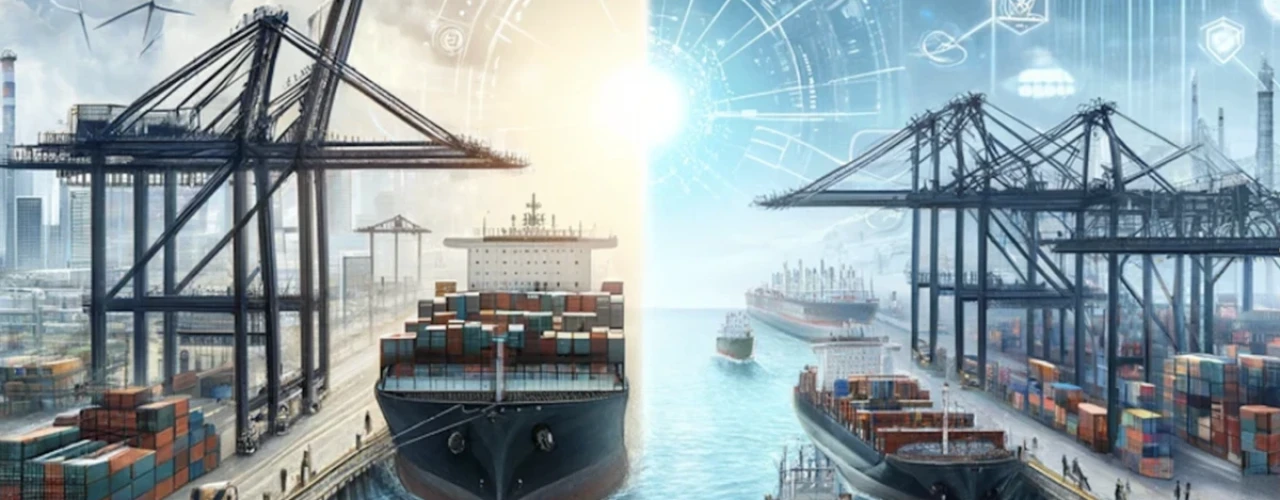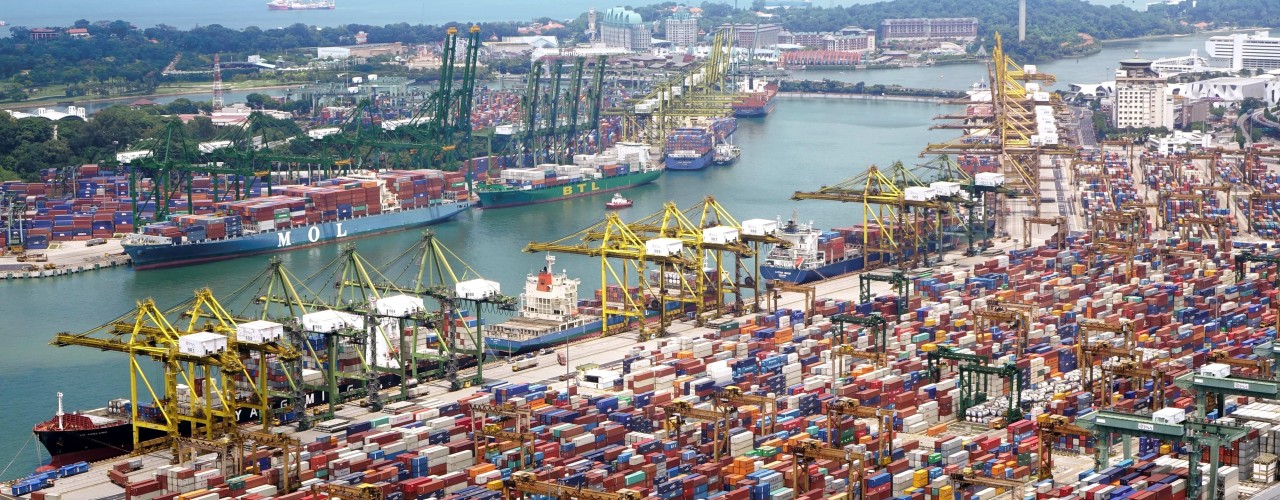Introduction
It is impossible to imagine our modern life without trade. Most of the goods we use daily (or their raw ingredients) have arrived from faraway countries. There are 60,000+ large ships in the world that carry ~90% of global trade. When talking about this logistics infrastructure, people mostly focus on large players such as Maersk or MSC, ignoring many small players that keep this logistics machine running seamlessly, including ship suppliers, ship agents, seafarers, and other maritime services. Today, we want to focus on the critical role and challenges of ship suppliers.
Challenges faced by Ship Suppliers
Ship suppliers provide essential goods and services to ships that carry goods around the world. They supply food for the crew (each large ship has 20-30 people onboard), technical, safety, and maintenance parts that are required to keep ships running smoothly. Most ship suppliers are small, family-owned enterprises – and they face many challenges in their day-to-day operations.
They may struggle to find new customers, as shipping companies typically prefer to work with people they have worked with before. Especially large shipping companies are often hesitant to take the risk of working with small and medium-sized companies. These suppliers may be fantastic professionals with excellent service, but they often struggle to promote their business beyond word of mouth.
Suppliers typically do not have advanced software solutions and rarely use analytics to improve their business. This is further complicated by the fact that shipping is an extremely fragmented industry, where every shipping company uses their own software and sends their request for quote (RFQs) in their own in-house format. As a result, suppliers must deal with many formats, including PDF, Excel, and Word, (often including hundreds of items) and spend a lot of time cleaning, organizing, and quoting such documents. They spend up to 5 hours of soul crushing manual work to prepare just one quotation, with only a 20-30% chance of receiving a purchase order.
Finally, due to a lack of data and the international nature of the shipping business, many small suppliers do not have access to good financing and payment solutions, and they must accept long payment cycles and the risk of buyer default.
Benefits of software solutions for Ship Suppliers
Good software solutions with connectivity and intelligence can significantly change the difficult life of suppliers and provide them with many benefits. Such benefits include:
- Automation for workflows and record keeping, saving precious time – increasing speed and quality of customer service
- Improved, global visibility to potential buyers in order to find new customers
- Analytics tools to make better decisions when preparing quotations
RFQ Processor for Ship Suppliers by MagicPort
One such solution is RFQ Processor for ship suppliers by MagicPort. This cloud-based SaaS solution, automatically matches the items in RFQ documents with the corresponding products in the internationally recognized marine store catalogs and suppliers’ own catalogs, eliminating countless hours wasted in manual quotation process. On MagicPort platform, suppliers can also create and manage their own profiles to grow their business with global visibility and establish trust with new customers through reviews and ratings from the customers they served. A key benefit of such solutions is that they can become more intelligent over time with accumulated data and can provide suppliers with further insightful analysis on how to make informed decisions and improve quotations based on customer preferences. The goal of this product is to eliminate complexity, manual work, and hassle, and enable the suppliers to focus on the bigger picture – how to serve their customers better and grow their business in this increasingly competitive market.
If you think you may just need a solution like this – request a demo and free trial here.



